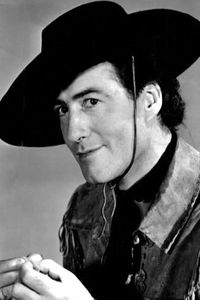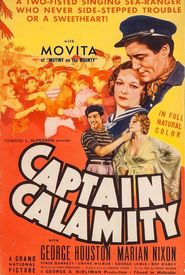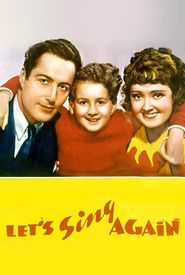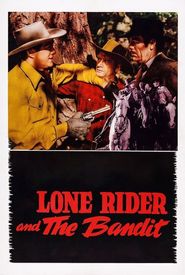George Houston was a talented individual, born in New Jersey in the late 19th century, to a Protestant minister. Growing up, he was an active member of his father's church choir, and his passion for music only grew stronger as he attended Blair Academy and later the prestigious Juilliard School in New York.
After completing his education, Houston enlisted in the army and served in World War I, seeing combat in France. Upon his discharge, he began teaching music at Bernards High School in New Jersey, where he honed his skills and prepared for a career in the performing arts.
Houston's musical talents soon caught the attention of the American Opera Company, and he was hired to perform. However, he soon became disillusioned with the opera company and decided to try his luck on Broadway. His success on the Great White Way led to a call from Hollywood, and he began making musicals, appearing in around half a dozen films before branching out into other genres.
In the early 1940s, Houston found work with the low-budget Producers Releasing Corporation (PRC),starring in a series of singing westerns as "The Lone Rider." Despite his efforts, the films were not well-received, and Houston's salary was reportedly meager. The situation was further complicated when "B" western star Robert Livingston became available after his contract with Republic Pictures ended.
Livingston, who had previously starred in the successful "Three Mesquiteers" series, was considered a bigger box-office draw than Houston. PRC ultimately decided to replace Houston with Livingston, and after his 11th film for the company, Houston's career in Hollywood came to an abrupt end.
Tragically, Houston's life was cut short in 1944 when he collapsed and died of a heart attack on a street in Hollywood. Despite his untimely passing, Houston left behind a legacy as a talented musician and performer who had made a name for himself in the entertainment industry.






































